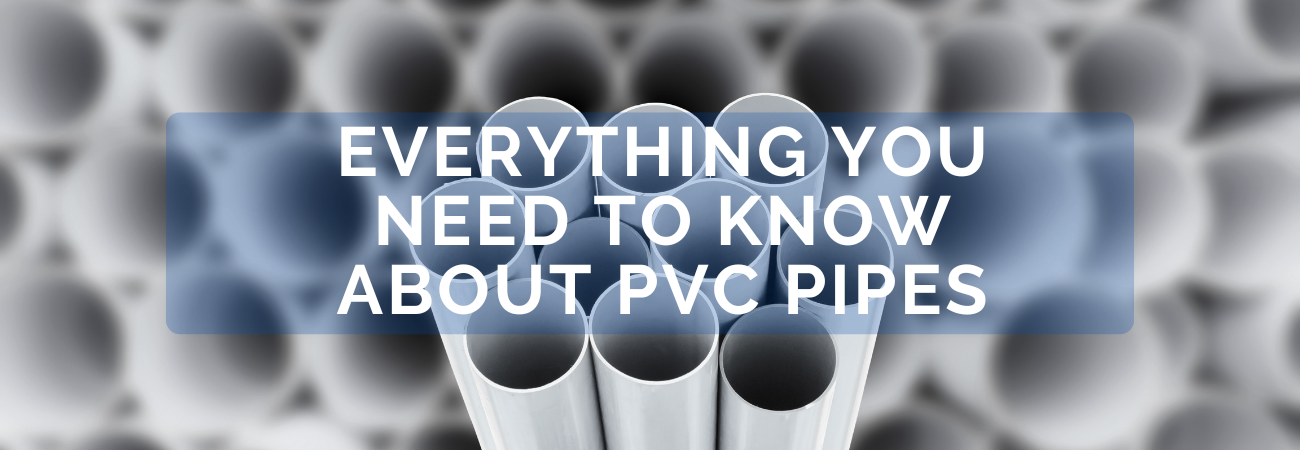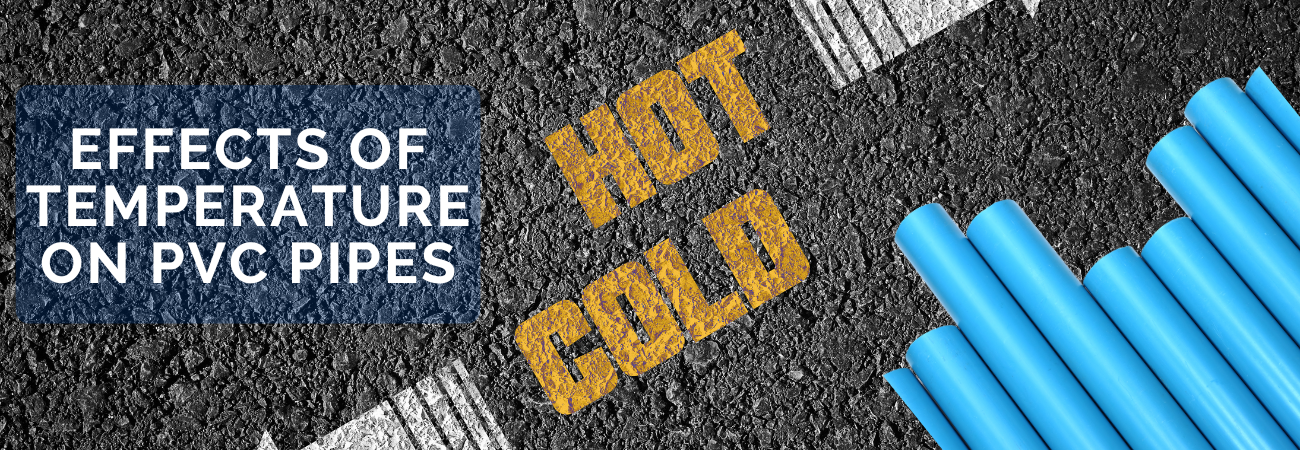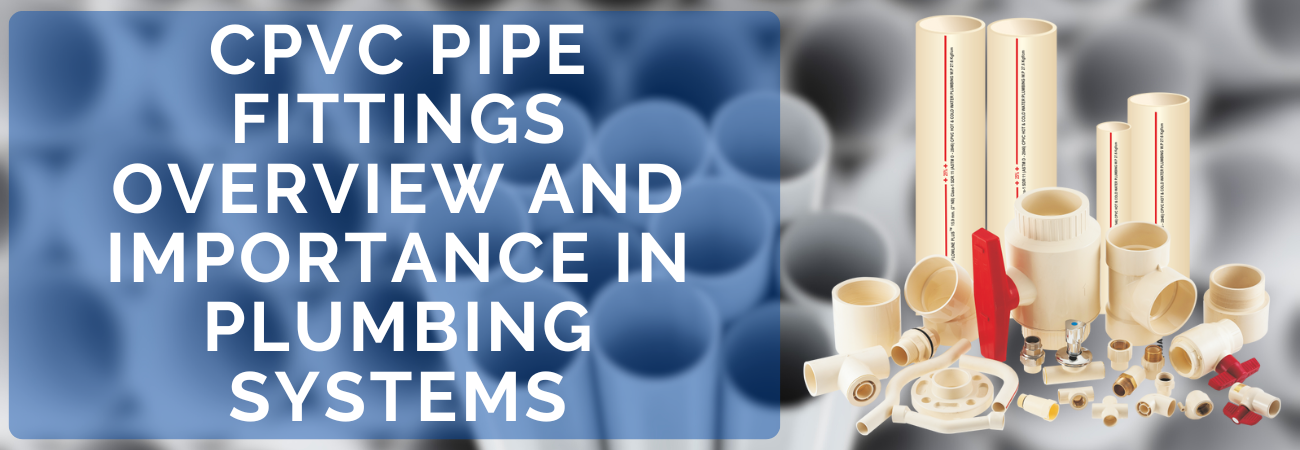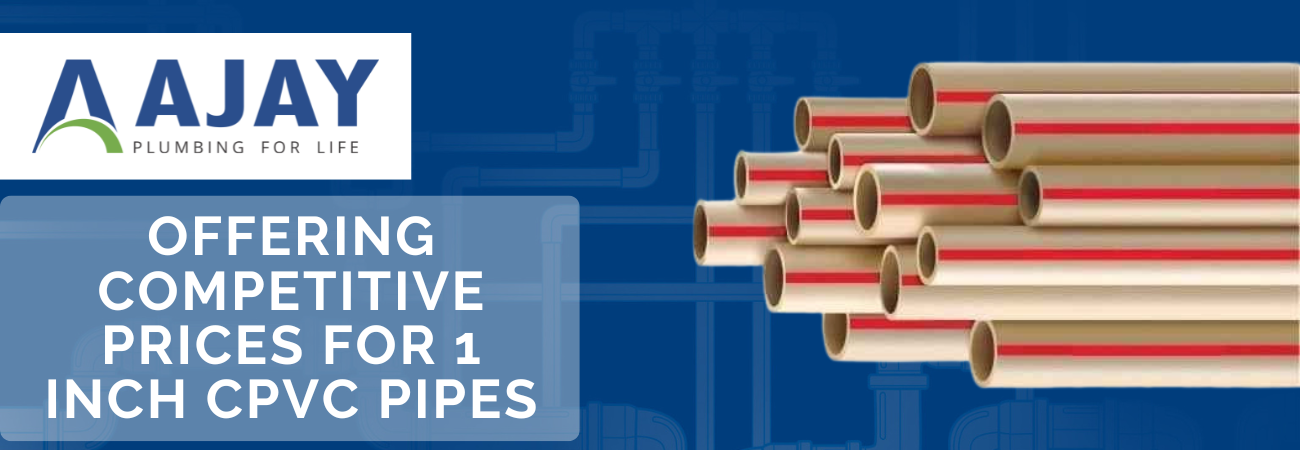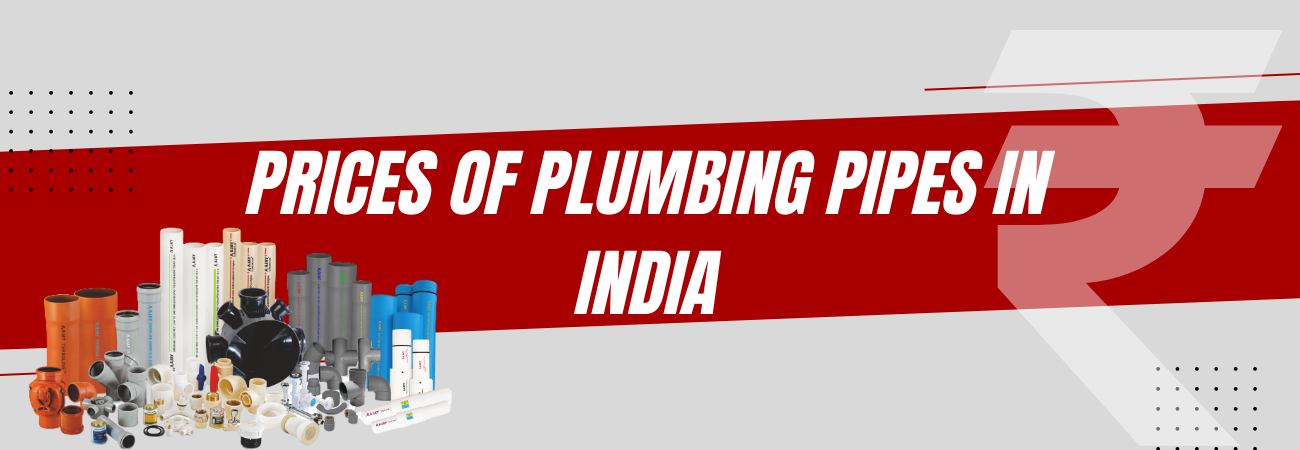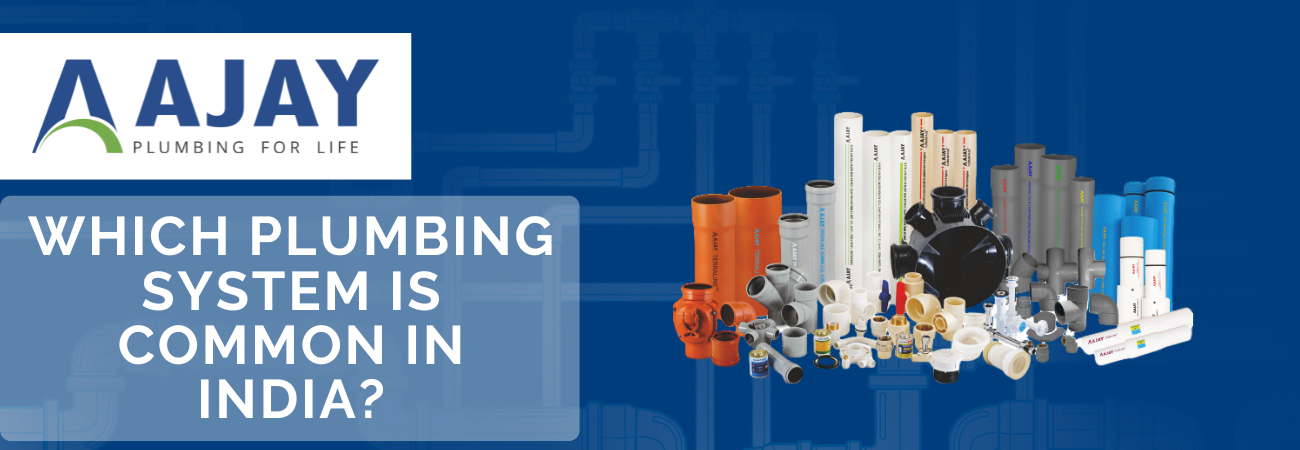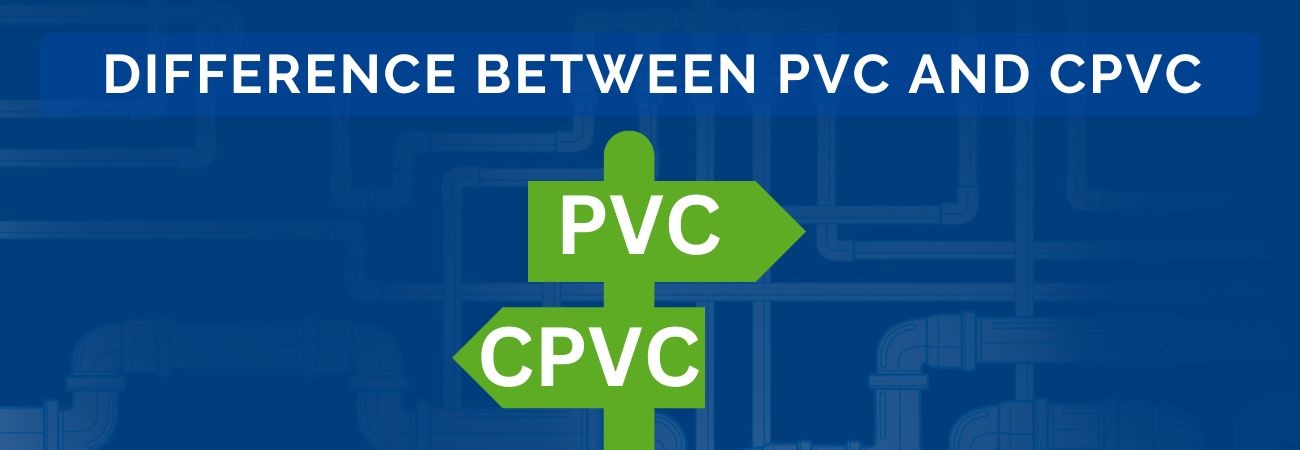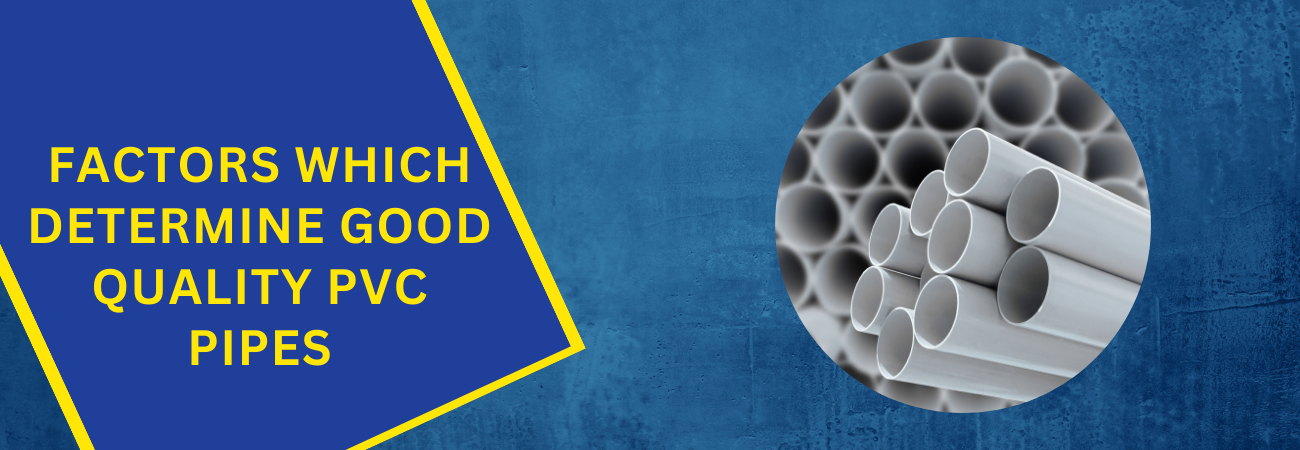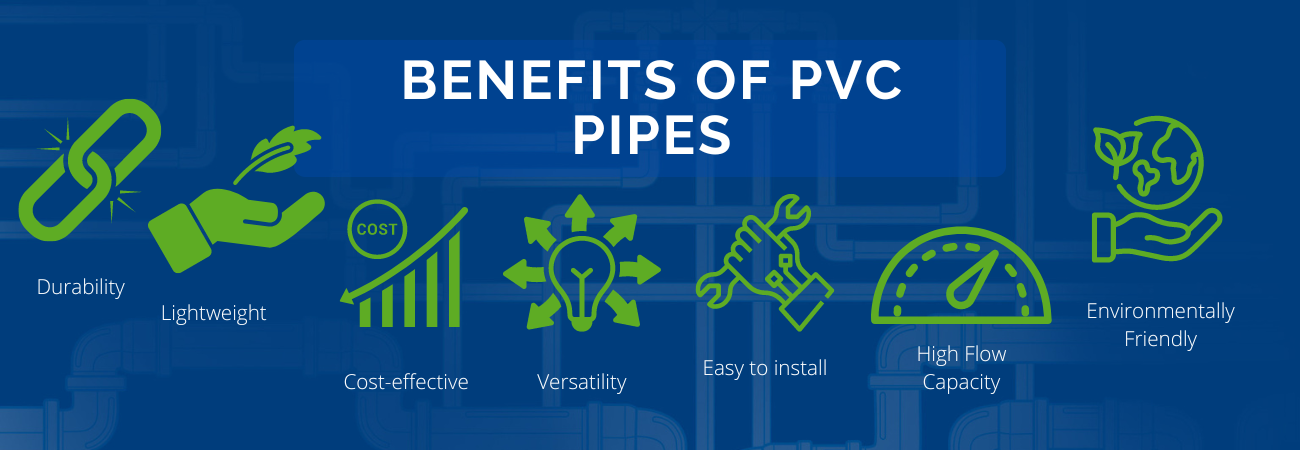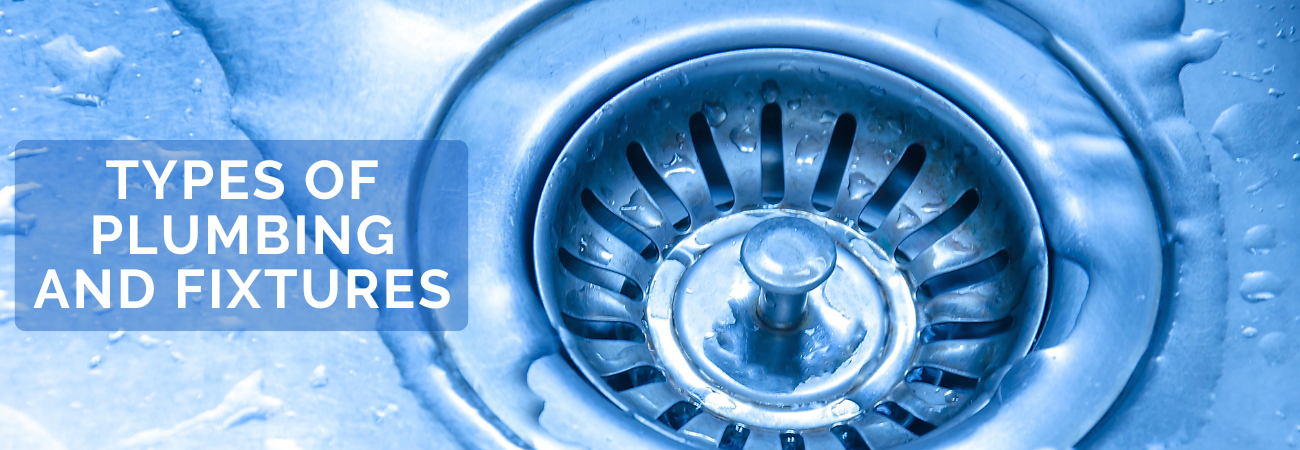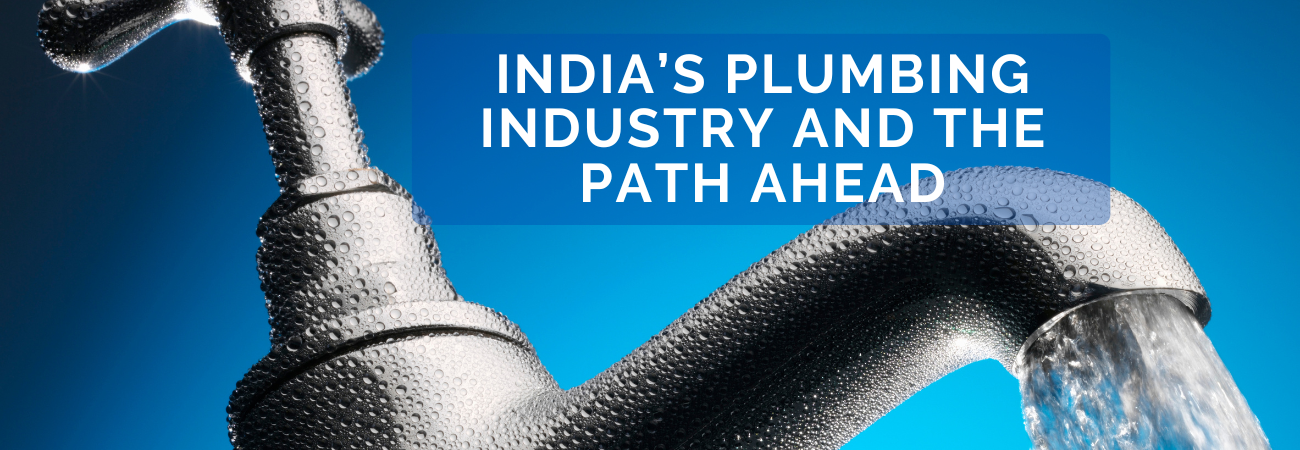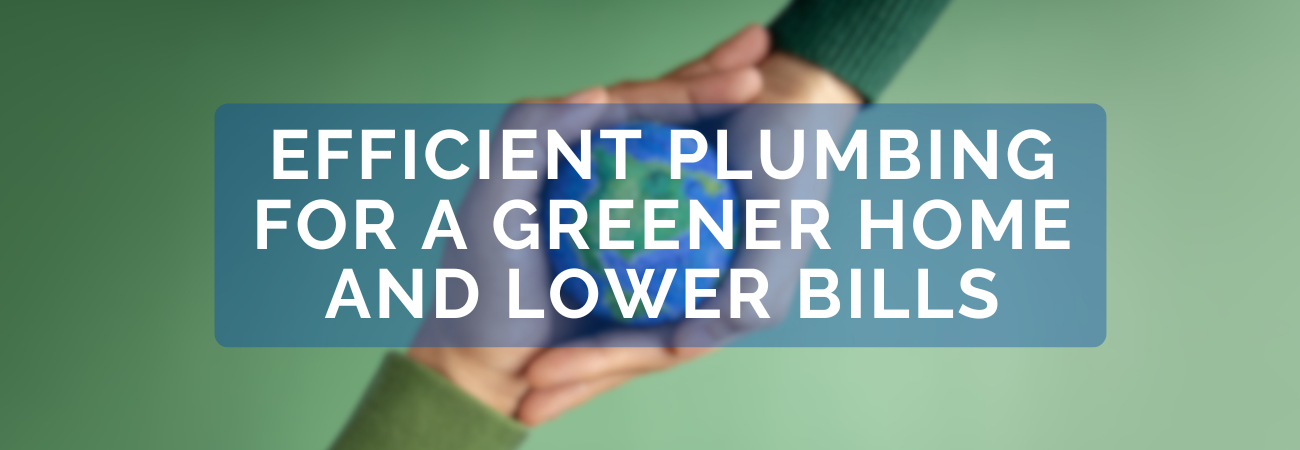Introduction
PVC, the third most utilised synthetic polymer, is produced and consumed at a pace of 40 million tonnes annually globally. Its primary use is as a water conduit in diverse scenarios. It is quote evident that PVC is one of the most affordable and reliable options as PVC water pipe price list goes extremely easy on the budget. What is it made of that makes it such a much desired product? Its primary component is polyvinyl chloride, which has a wide range of advantageous physical and chemical features that make it the best option for a secure and affordable channel in a variety of infrastructure applications, including water delivery.
What are PVC pipes?
Polyvinyl chloride is referred to as PVC. It is a polymer made of chlorinated hydrocarbons. It is brittle and stiff in its native state. But it becomes more flexible and resilient when coupled with chemicals like plasticizers. Electrical insulation, medical tubing, flooring, furniture, signage, and as a rubber substitute are just a few uses for it. However, its most common application is in the production of pipes, which are essential for irrigation, plumbing, and water supply as PVC water pipe price list is most economical option. Several PVC pipe variations are used as hot or cold water conduits in industrial and commercial settings, depending on the application.
Benefits of using PVC pipes
- In many industries, PVC pipes are the chosen medium for moving power and water. The major reasons for their widespread use are their strong resistance to heat and corrosion.
- When compared to concrete and metal, PVC and moving liquids have less friction because of its smooth surface. As a result, it is a desirable material for pipelines that transport water.
- It is portable and simple to move over long areas to lay pipes. Because less fuel is required to transport them, they are environmentally friendly.
- Since a relatively straightforward procedure is employed for its mass manufacture, it is cost-effective with PVC water pipe price list having very nominal prices.
- It is a flexible material with a variety of uses since it is simple to mould into diverse shapes.
- It is resilient to high levels of stress and robust and long-lasting. This qualifies it as a good material for underground pipes and pipes that need to carry pressured fluids.
- PVC’s inertness, or resistance to chemical reactions with other substances, is a beneficial chemical property. Drinking water and water used for household purposes can now be transported without risk.
- When put underground, PVC can last for a hundred years. As a result, it requires less maintenance than older materials like steel, iron, and cement, which makes it a preferred choice for large pipeline networks, whose maintenance and overhaul costs would be very high.
- PVC pipes are simple to set up, take apart, and maintain. When compared to traditional materials, it has a very low failure or break rate.
- PVC has a low carbon content, which results in less hazardous emissions during production. They may easily be salvaged from building trash and put to new uses, or they can be recycled from industrial waste.
For any queries, contact the plumbing experts at Ajay pipes on the Toll Free No. : 1800-11-4050 or via email at our email address info@ajaypipes.com

